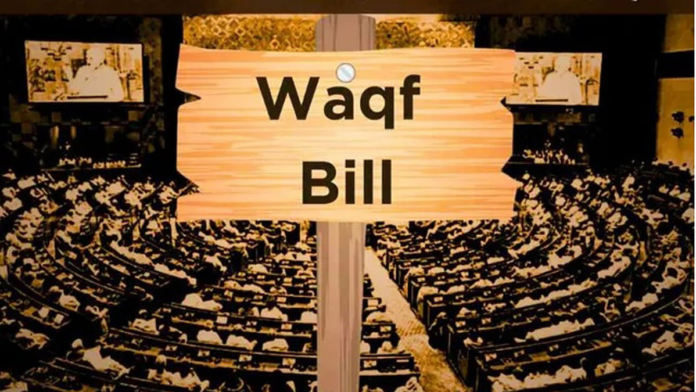Challenge to Waqf Amendment Act 2025: Live Updates from Supreme Court Hearing
The Waqf (Amendment) Act, 2025, which received Presidential assent on April 5, has sparked significant legal and political controversy. Opponents argue that the Act infringes upon the religious autonomy and fundamental rights of the Muslim community in India. As the matter progresses in the Supreme Court, here’s an overview of the key developments.
Legal Challenges Mount
Multiple petitions have been filed in the Supreme Court challenging the constitutional validity of the Waqf Amendment Act. Notable petitioners include:
- Dravida Munnetra Kazhagam (DMK): The DMK, representing Tamil Nadu, argues that the Act violates the rights of approximately 50 lakh Muslims in the state and 20 crore nationwide. The party contends that the Act imposes arbitrary restrictions and undermines the religious identity of Waqf properties.
- Indian Union Muslim League (IUML): The IUML describes the Act as an “unconstitutional assault on religious autonomy,” challenging provisions that mandate a five-year demonstration of Islamic practice for Waqf creation, which they argue contradicts Islamic law and practice.
- All India Majlis-e-Ittehad-ul-Muslimeen (AIMIM): AIMIM leader Asaduddin Owaisi has criticized the Act for allegedly violating Articles 14 and 15 of the Constitution by imposing discriminatory conditions on the Muslim community.
- Congress MP Mohammad Jawed: Jawed’s petition challenges the inclusion of non-Muslim members in Waqf boards, arguing it constitutes unwarranted interference in religious governance.
Supreme Court Proceedings
The petitions were mentioned before Chief Justice of India Sanjiv Khanna, who acknowledged the requests for urgent listing but emphasized the Court’s established system for scheduling hearings. The Court is expected to consider the matter in due course, with the possibility of an expedited hearing given the public interest involved.
Key Provisions Under Scrutiny
Critics of the Act highlight several provisions they believe undermine religious freedoms and community rights:
- Section 3(ix)(a): Requires individuals to demonstrate at least five years of Islamic practice to create a Waqf, excluding new converts and non-Muslims, which opponents argue is inconsistent with Islamic law.
- Section 18(d): Grants district collectors the authority to determine the registration of Waqf properties without a clear mechanism for appeal, raising concerns about potential misuse and lack of accountability.
- Section 2A: Exempts trusts established by Muslims for purposes similar to Waqf from the Act’s purview, which critics argue could lead to circumvention of regulatory oversight.
Political and Religious Reactions
The Act has elicited strong reactions across political and religious spectra:
- Tamil Nadu Legislative Assembly: On March 27, the Assembly passed a resolution urging the Union government to withdraw the Bill, citing concerns over its impact on the state’s Muslim population.
- All India Muslim Personal Law Board (AIMPLB): The AIMPLB has condemned the Act, alleging it was designed to manipulate the status of Waqf properties and undermine Islamic practices.
Looking Ahead
As the Supreme Court prepares to hear the petitions, the outcome could have significant implications for the governance of Waqf properties and the religious rights of Muslims in India. Legal experts and community leaders are closely monitoring the proceedings, anticipating a landmark judgment that may redefine the relationship between state authority and religious institutions.


